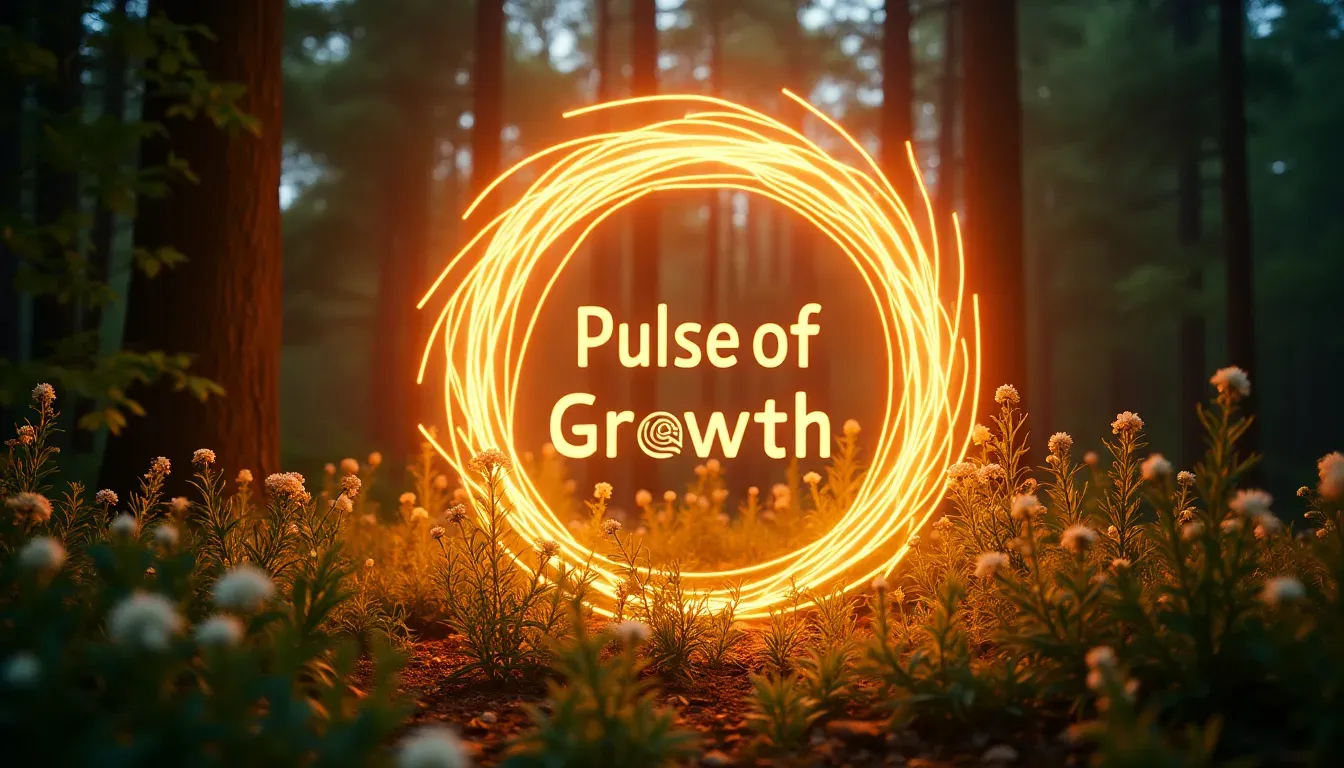The Feedback Advantage
Most people run from feedback. They see it as criticism, as judgment, as pain.
But AI craves feedback. It’s the fuel that makes machine learning possible.
And therein lies a profound lesson about growth.
When an AI model gets something wrong, it doesn’t get defensive. It doesn’t make excuses. It simply takes that data point and uses it to improve.
Each piece of feedback is a gift – another opportunity to refine, adjust, and evolve.
Humans, on the other hand, have mastered the art of feedback avoidance. We’ve developed elaborate mechanisms to protect our egos:
“They just don’t understand.”
“That’s their opinion.”
“Yeah, but…”
We treat feedback like a personal attack rather than valuable training data.
But what if we approached feedback the way AI does?
What if every criticism, every correction, every missed mark became fuel for our evolution?
The most successful people and organizations have already figured this out. They’ve built feedback loops into everything they do:
A/B testing
User research
Performance reviews
Post-mortems
Customer surveys
They understand that feedback isn’t personal – it’s profitable.
The faster you can collect feedback, process it, and adapt, the faster you can improve. It’s simple mathematics.
This is why AI can achieve in weeks what might take humans years. It embraces millions of feedback points without hesitation or ego.
The feedback advantage compounds over time:
More feedback = Faster learning
Faster learning = Better performance
Better performance = More opportunities
More opportunities = More feedback
The cycle continues, accelerating with each iteration.
But here’s the catch: this only works if you’re willing to listen. Really listen.
Not to defend.
Not to explain.
Not to justify.
Just to learn.
The next time you receive feedback, try thinking like an AI. Don’t process it emotionally – process it mathematically.
Turn criticism into code.
Transform feedback into fuel.
Convert corrections into competitive advantage.
Because in a world of exponential change, the ability to rapidly absorb and adapt to feedback isn’t just nice to have.
It’s the difference between thriving and becoming obsolete.
Most people run from feedback.
The successful ones run toward it.
Which direction are you running?



